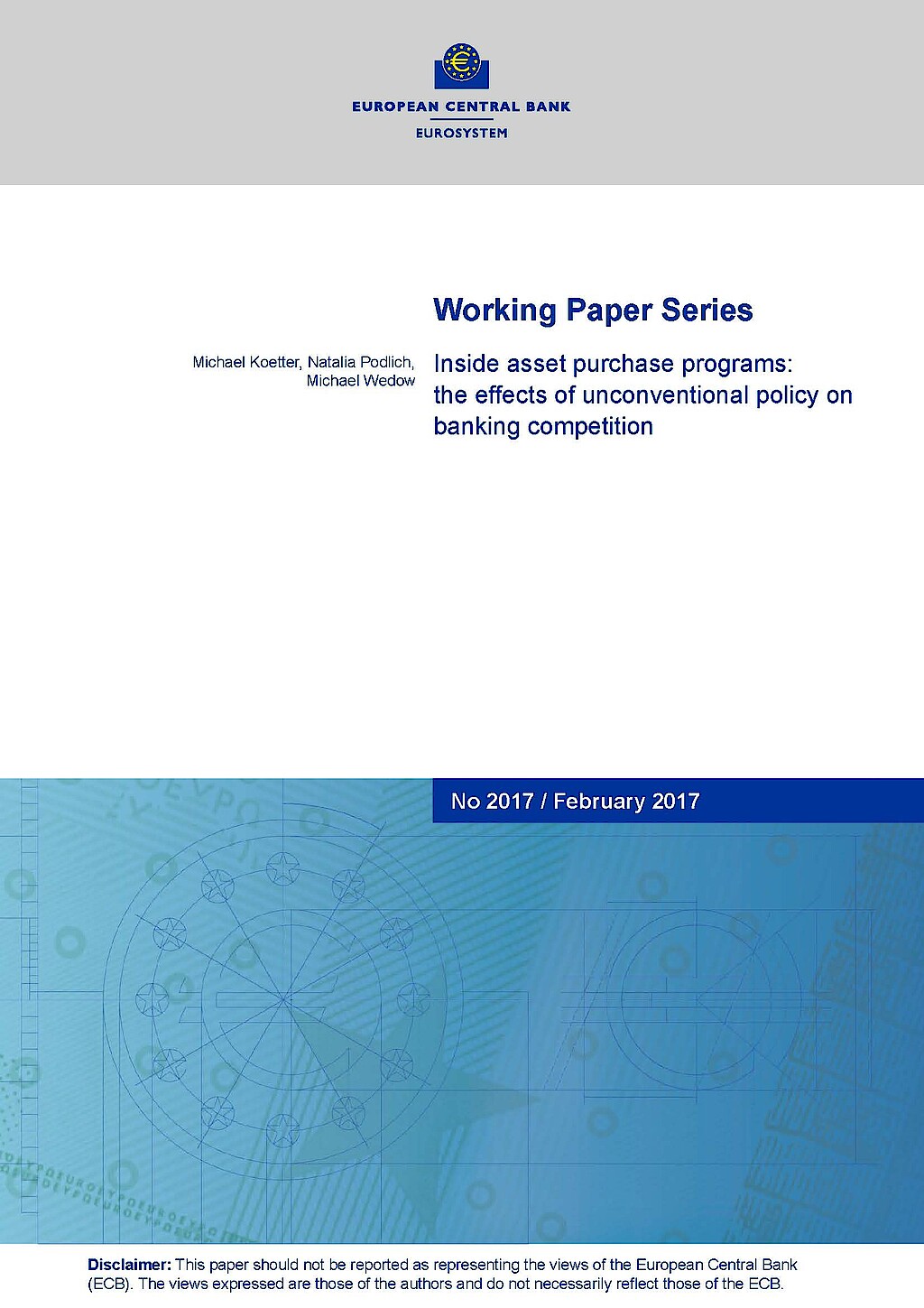
Islamic Finance in Europe
Islamic finance is based on ethical principles in line with Islamic religious law. Despite its low share of the global financial market, Islamic finance has been one of this sector's fastest growing components over the last decades and has gained further momentum in the wake of the financial crisis. The paper examines the development of and possible prospects for Islamic finance, with a special focus on Europe. It compares Islamic and conventional finance, particularly as concerns risks associated with the operations of respective institutions, as well as corporate governance. The paper also analyses empirical evidence comparing Islamic and conventional financial institutions with regard to their: (i) efficiency and profitability; and (ii) stability and resilience. Finally, the paper considers the conduct of monetary policy in an Islamic banking context. This is not uncomplicated given the fact that interest rates - normally a cornerstone of monetary policy - are prohibited under Islamic finance. Liquidity management issues are thus discussed here, with particular reference to the euro area.





